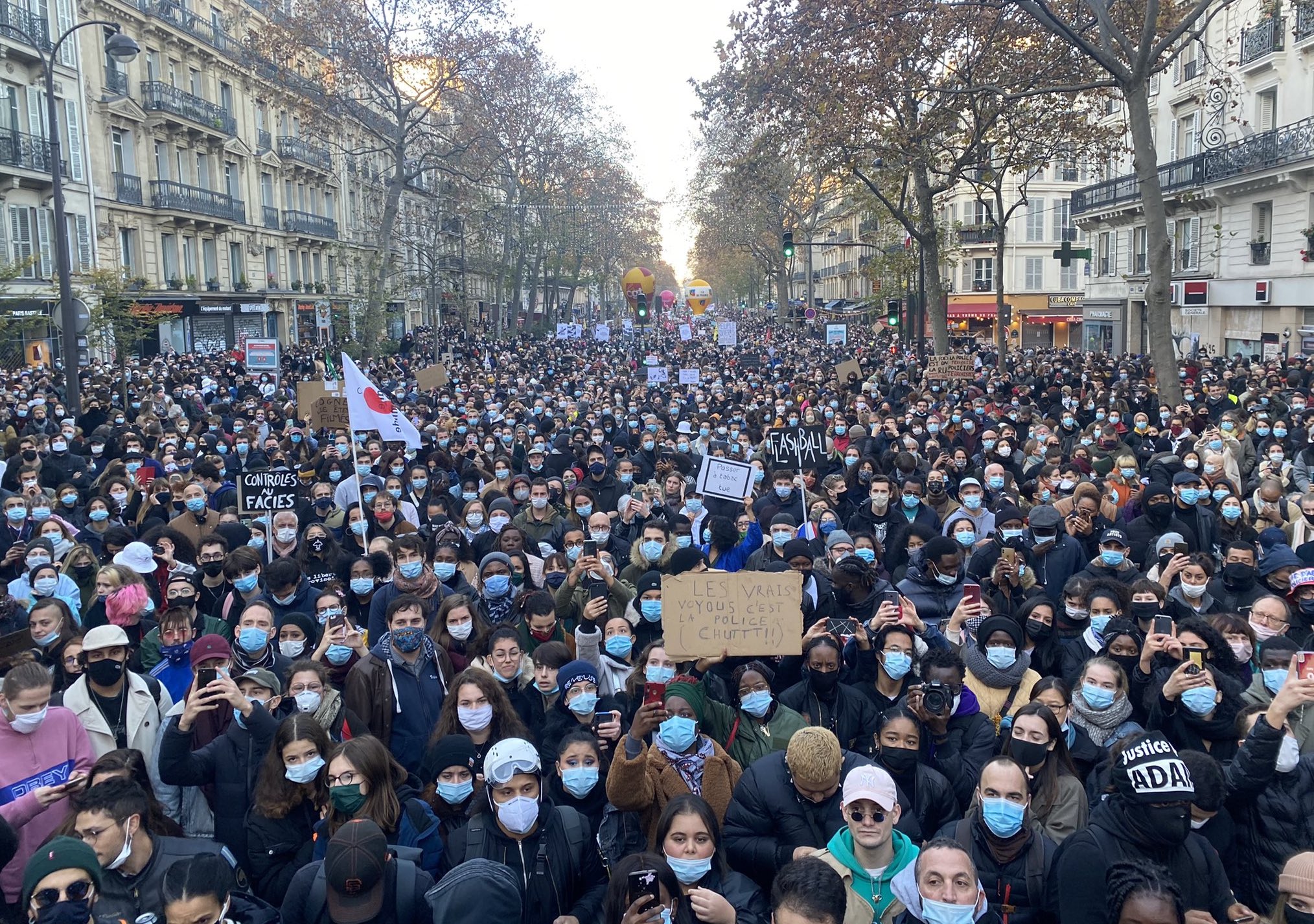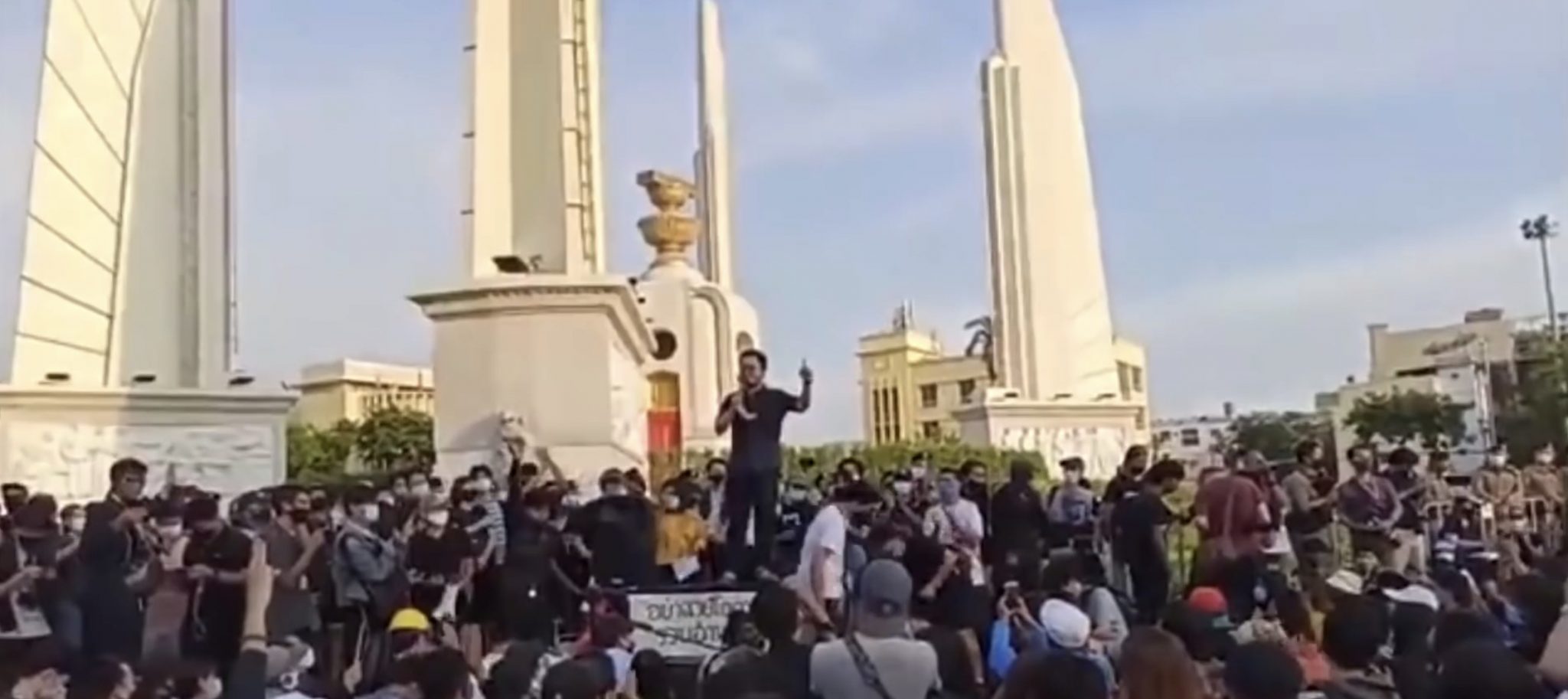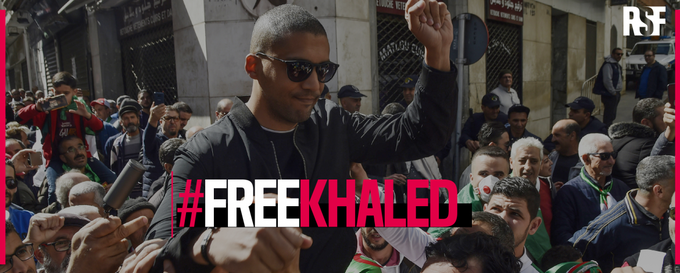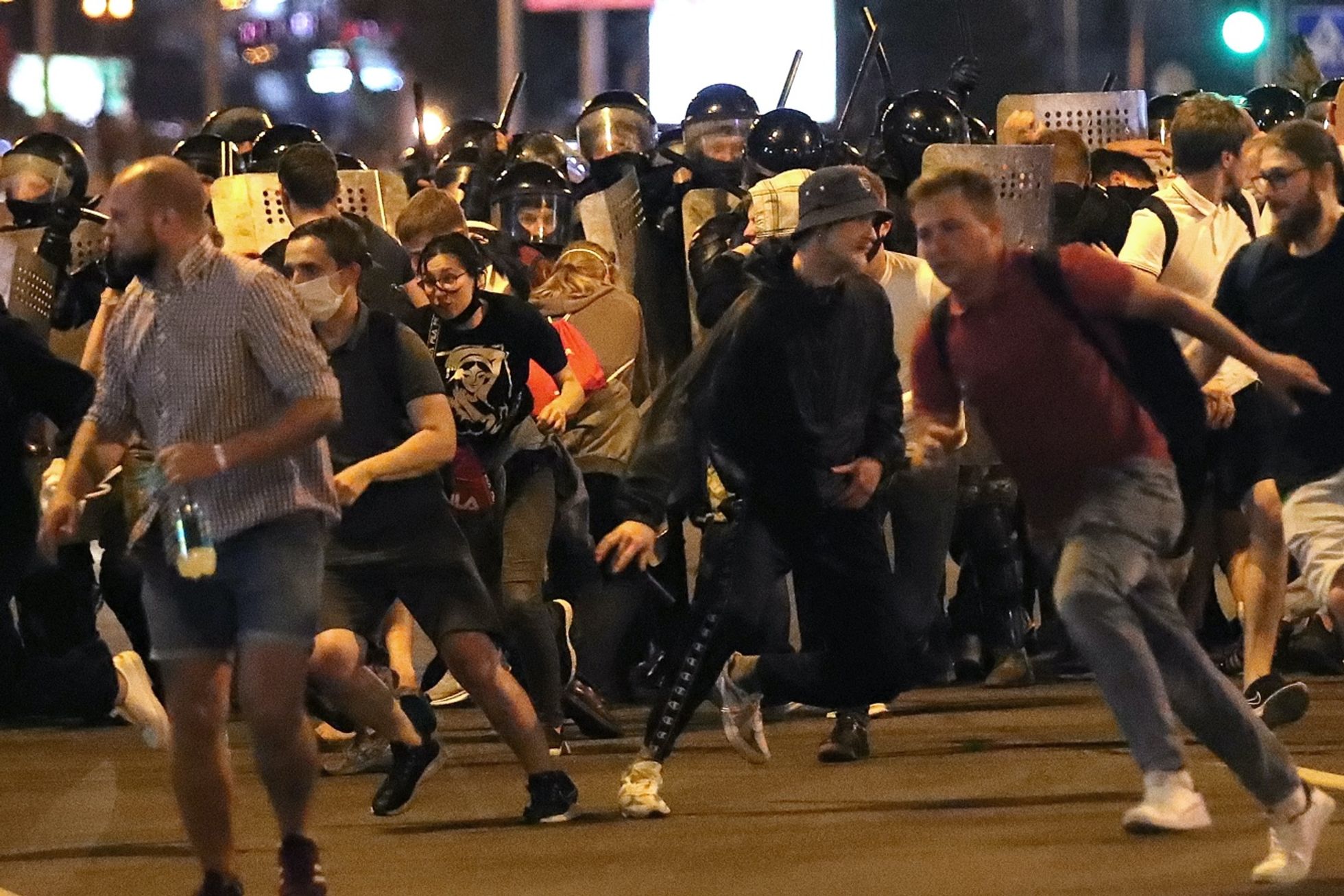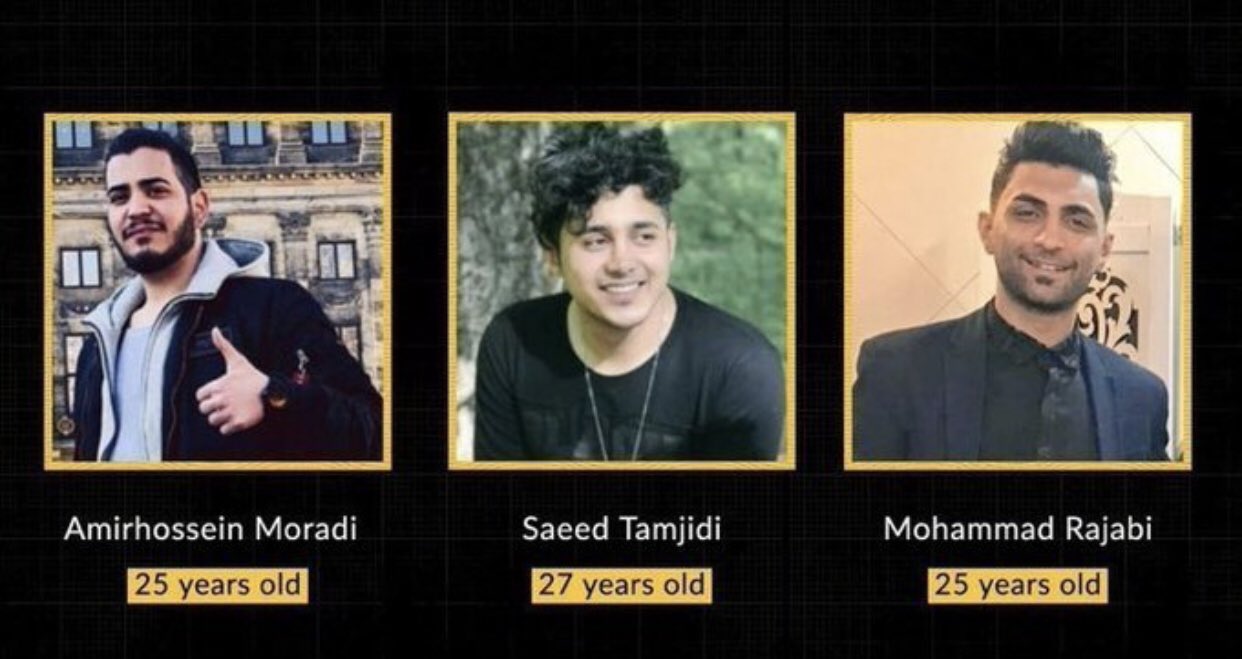
COVID-19 could deepen global poverty: UNDP
Severe long-term effects of the COVID-19 pandemic could push an additional 207 million people into extreme poverty, bringing the total to over 1 billion by 2030, according to a study by the United Nations Development Programme (UNDP). The “Baseline COVID” scenario, based on current mortality rates and the most recent growth projections by the International Monetary Fund (IMF), would result in 44 million more people living in extreme poverty by 2030 compared to the development trajectory the world was on before the pandemic. Under a “High Damage” scenario, where the recovery is protracted, COVID-19 is likely to push an additional 207 million people into extreme poverty by 2030, compared to that baseline. (Photo of youth in Uganda: Dazzle Jam via Photos for Class)



